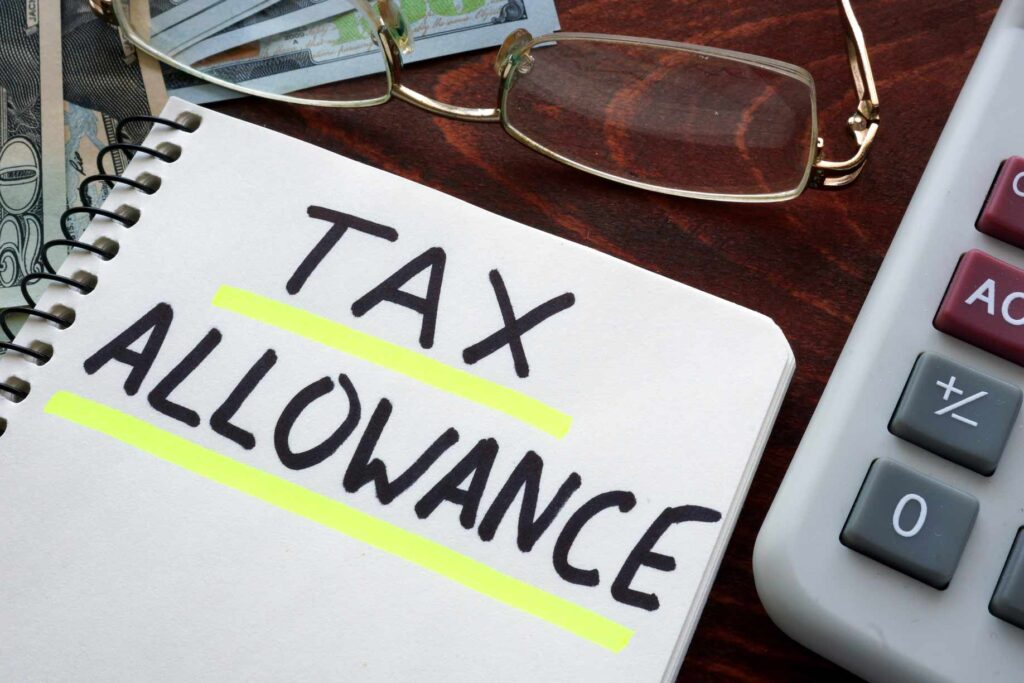Withholding allowances help an employer determine how much money to take out of an employee’s paycheck to remit to the state and federal tax authorities. You’ve probably filled out a W-4 before: when you check off allowances, that tells your employer just how much to withhold. The more allowances you claim, the less tax is withheld.
Withholding is based on your filing status: single, married or “married, but withhold at the higher single rate.” It’s important to figure out just how much you should withhold so that you neither over- nor underpay your tax bill—no one wants that kind of surprise!
We’ve broken down the basic tenets of a withholding allowance in Des Moines, IA for you, but if you need further help, don’t hesitate to contact the experienced team at Accounting & Tax Professionals, PLC:
- How to calculate your withholding allowances: The IRS provides resources for calculating your tax withholding needs, including a personal allowances worksheet and an allowance calculator. Allowances take into account your marital and employment status, as well as how many children you have. Allowances also depend on how many jobs you have, whether you itemize your deductions and whether you have any other dependents who are not minor children. Personal deductions are no longer allowed.
- Exempt status: You can claim exempt status on your tax withholding, but only if you can prove that you had a refund of all federal tax that was withheld because you didn’t actually have tax liability. This requires you to declare it annually.
- Recalculate whenever your situation changes: Got a new job? Got married or divorced? Had a new baby? It’s time to recalculate your withholding allowances, and you can do that by submitting a revised W-4 to your employer. You’ll want to do this as soon as possible, because it won’t take effect until the payroll period 30 days after the revised form was received. Another option, if you’re not claiming any allowances, is that you can ask your employer to withhold a specific dollar amount per month. This will help you proactively stay on top of your tax liability.
- If you claim too many or not enough allowances: Claiming too many allowances may get you into trouble at tax time—you could not only be hit with a huge tax bill, but you could also be hit with a penalty for claiming too many allowances. Yikes! On the other hand, if you overpay each month, you’re essentially giving the federal government an interest-free loan. That money would be better used in your hands, which is why it’s important to talk to a tax professional. With expert guidance, you’ll hit the right balance for your lifestyle and needs.
For all of your tax and accounting needs in Des Moines, IA, talk to the tax experts at Accounting & Tax Professionals, PLC. We can help you make smart choices and get the biggest refund for your taxes. Get in touch with us today to start planning for tax time!

